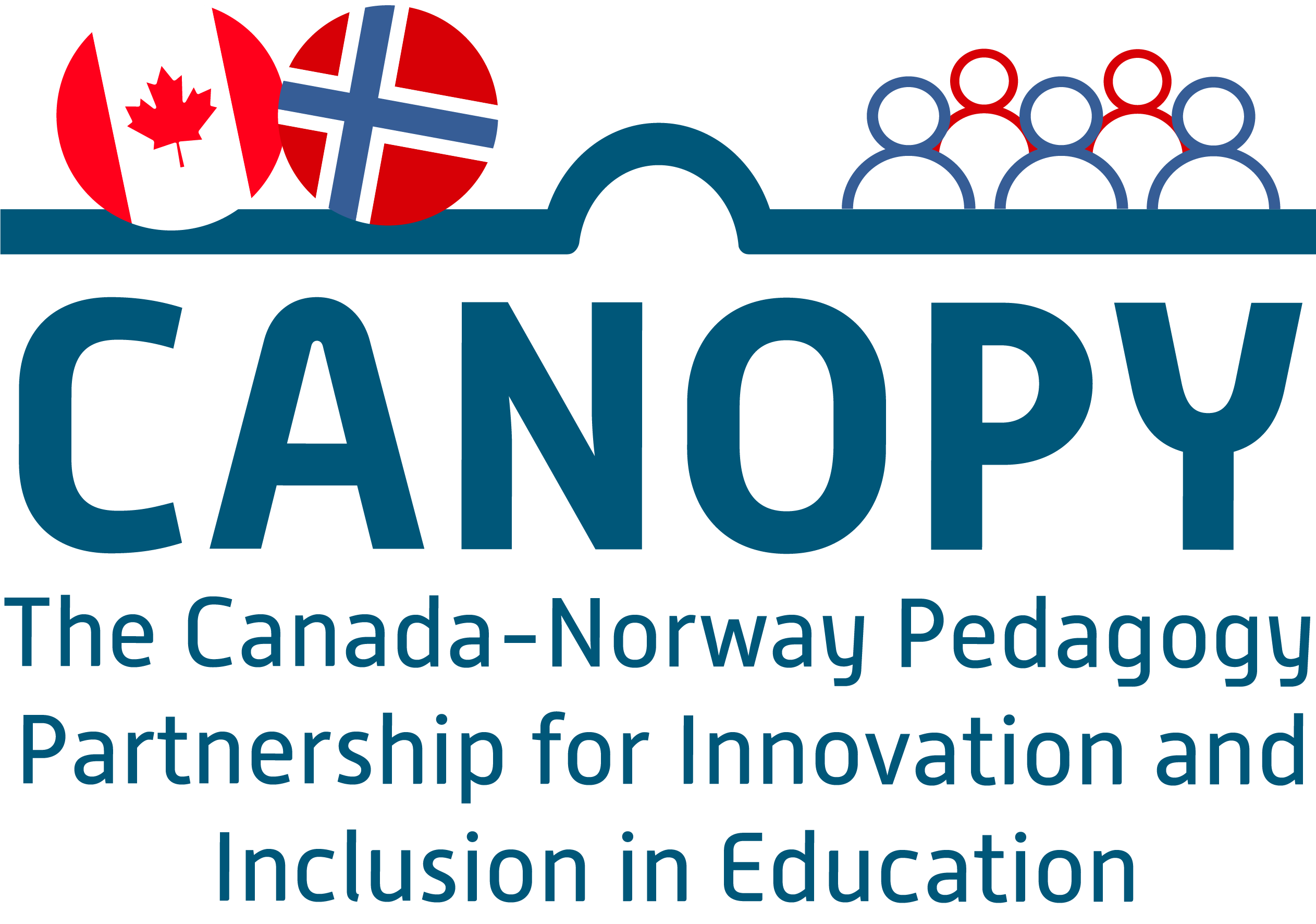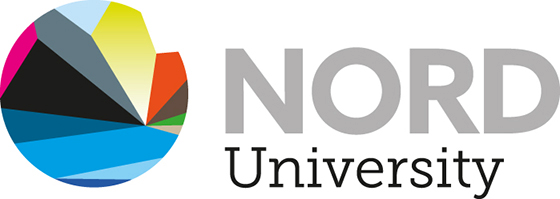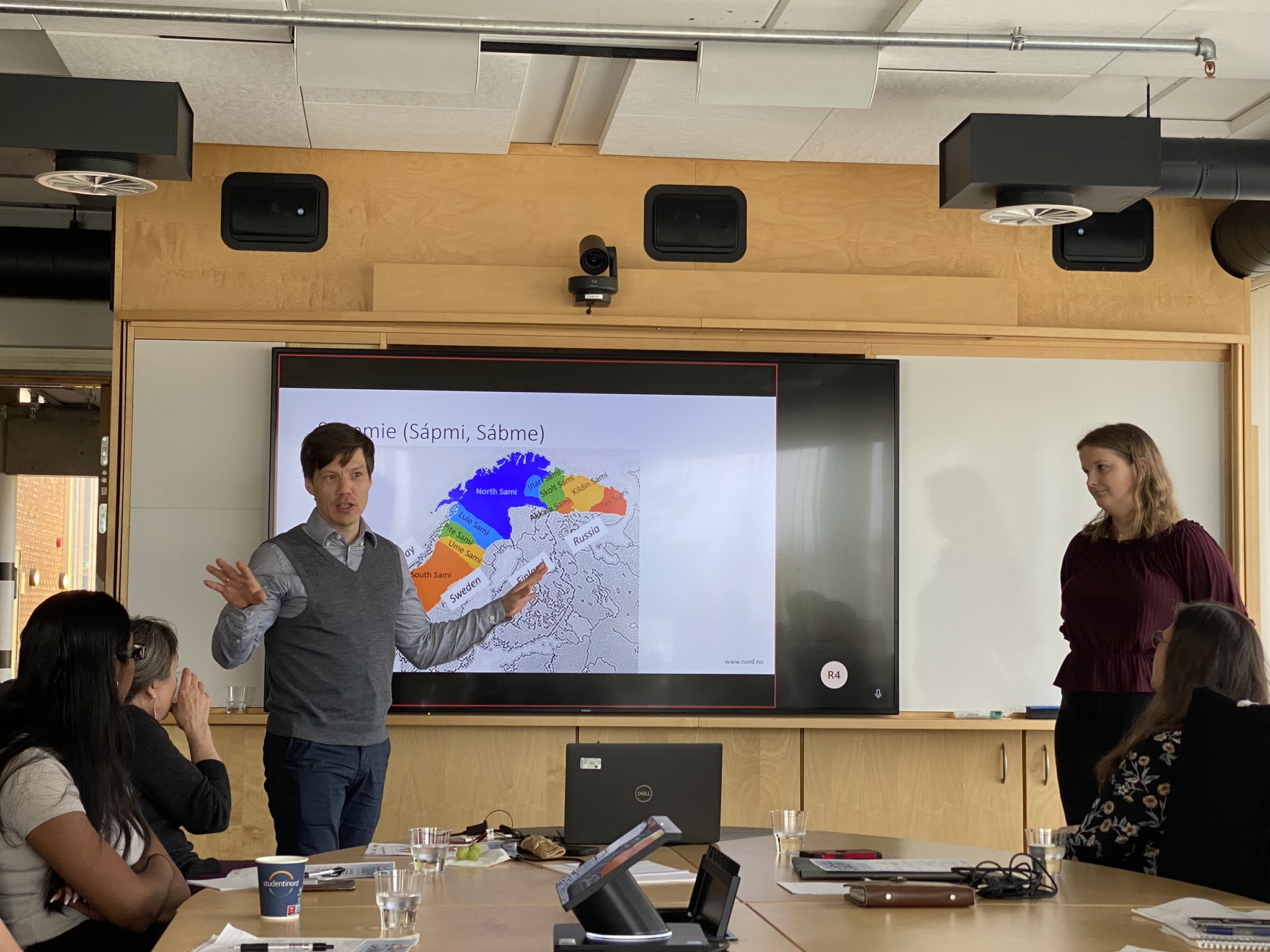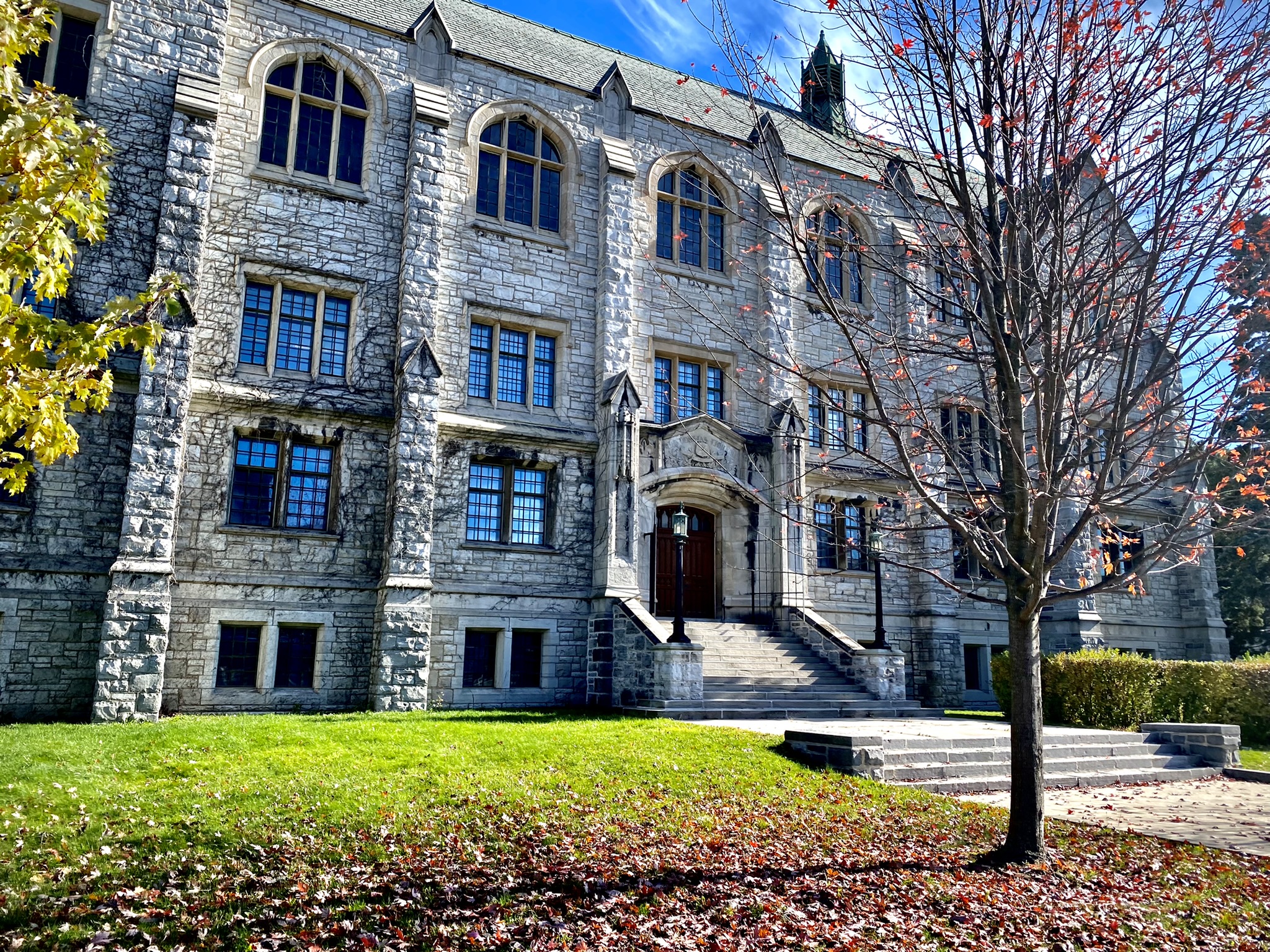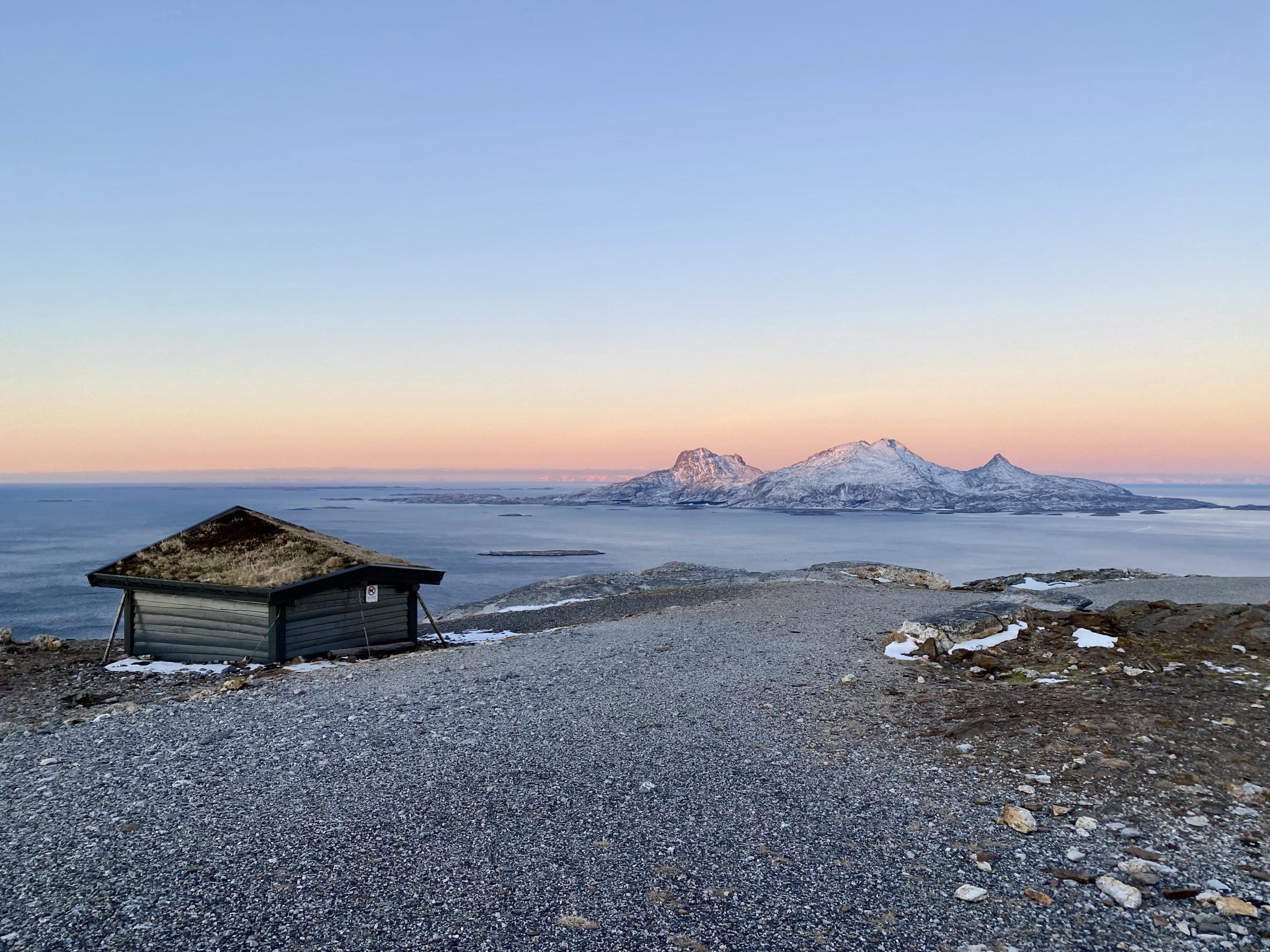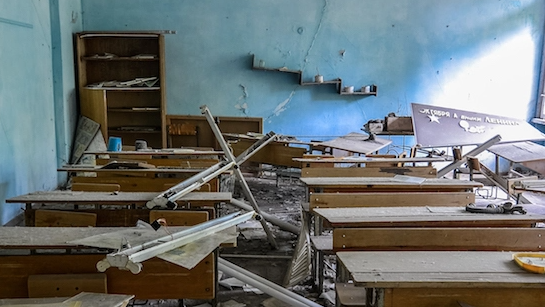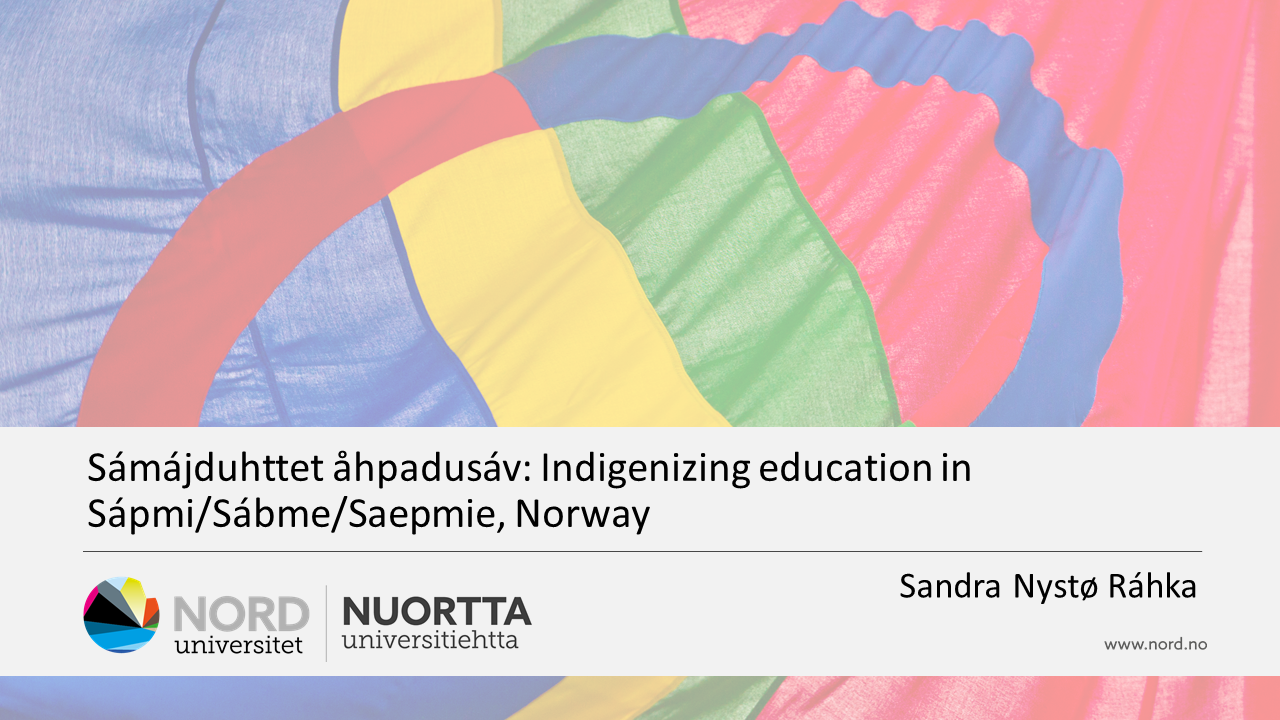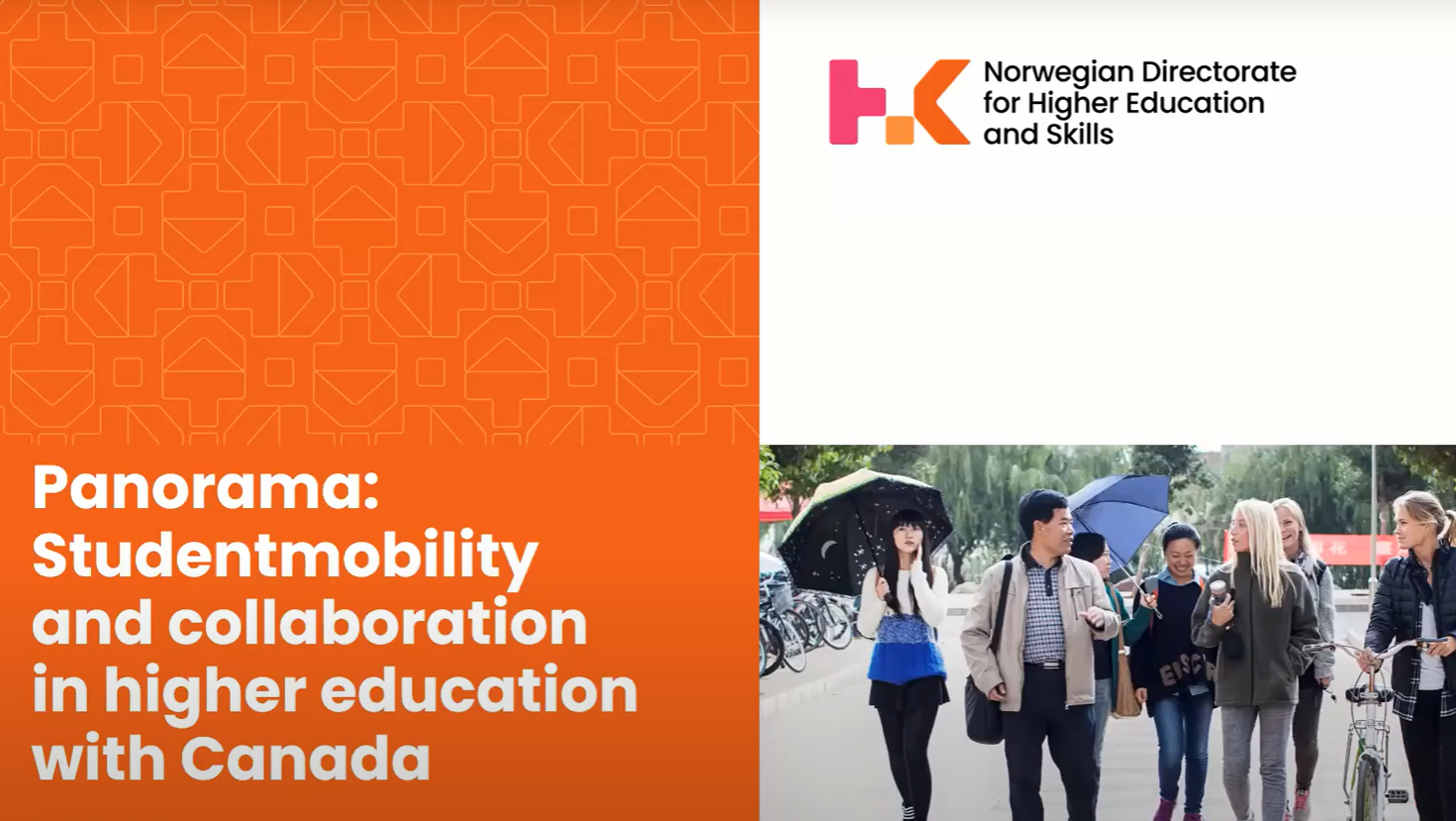With the support of the Directorate for Higher Education and Skills (HK-dir)’s NOTED program, the Faculty of Education and Arts at Nord University, Norway and the Faculty of Education at Queen’s University, Canada, in cooperation with local schools in the Nordland, Trøndelag, and Ontario regions, have joined to establish the CANOPY Project (Canada-Norway Pedagogy Partnership for Innovation and Inclusion in Education). This partnership aims to address, from a holistic and international perspective, the most pressing issues currently facing the education sector to better prepare the next generation of teachers. Connecting educational research, classroom experience, student mobility, and institutional management, CANOPY will develop global competencies in pedagogy, research, and training through international collaboration.
Innovation and Inclusion are the guiding principles of CANOPY, and the initiatives of each year of the project will focus on a different priority area comprehended by these principles
2020/21: Educational Leadership
2022: Digital Innovation and Educational Technology
2023: Indigenous Studies, Diversity, and Inclusion
2024: Exceptional Learners
After meeting each other for the first time in Kingston in March, the whole team were excited to meet again – this time in Levanger, Norway.
“Before we started this day, at least I, and I think others on the team, had a picture of what was going to happen; a clinical, professional lecture about different subjects. This was not the case at all.”
Allison Headrick and Madalina Raduta completed their International Alternative Practicum above the arctic circle, in Bodø, Norway.
ELIZABETH ARMINEN
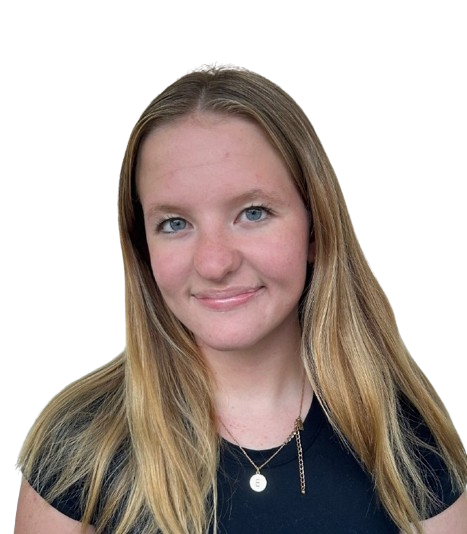
Liz (Elizabeth) Arminen is currently a second-year primary/junior Concurrent Education student majoring in psychology. In her undergraduate courses, she is working towards gaining a greater understanding of exceptionalities, moreover, how they impact individuals in a classroom or educational setting. Her personal experiences as an exceptional learner fueled her passion to get involved in research initiatives that involved understanding students with unique learning needs.
This year, Liz joined the Add*Ed Research Group which focuses on conducting and promoting research, innovation, and engagement related to inclusive education for students with developmental disabilities. Within her Add*Ed subgroup, Liz works with peers and graduate students to research how teachers think about individual education plans, considering how they understand IEPs when lesson planning. Alongside two of her peers, she conducted research on how teachers can accommodate the needs of neurodiverse students for an assignment in PROF110: Self as Teacher course. At the Inquiry @ Queen’s Research Conference in March 2023, she presented this research to other students and university staff by discussing innovative techniques teachers can use to foster an inclusive learning environment. Additionally, Liz is a research assistant in the Queen’s Visual Cognition Laboratory where she helps conduct research regarding how our perceptual and cognitive systems interact. By using eye-tracking along with virtual reality, she screens participants to gain an understanding of how they analyze complicated visual stimuli.
Through her experience as an assistant figure skating coach as well as working in a variety of childcare centers, Liz has worked with diverse groups of children, including individuals with unique learning needs. Her experience working with children combined with her personal experiences as an exceptional learner has allowed her to understand the importance of compassionate, creative teachers who understand the strengths and weaknesses of their students.
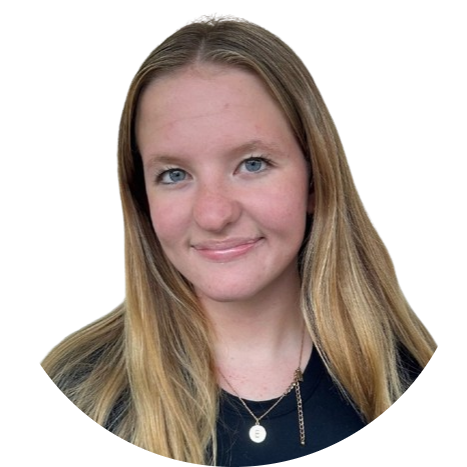
Liz Arminen
KATRINE LEKANG EITERJORD
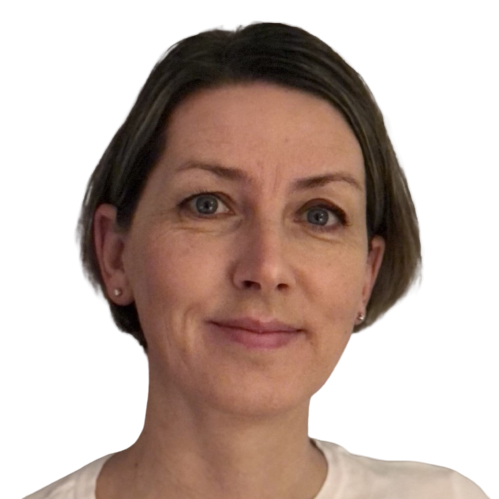
Katrine Lekang Eiterjord has worked at Bankgata Middle School (grades 8-10) in Bodø since 2009, but she started her career as a teacher in Kolbotn in 2007. She mainly teaches English, Social Studies and German, and is currently one of the head teachers for the ninth-grade class. She also serves as a team leader (part of the school’s “plangruppe”), which acts as a link between the school’s administration and the ninth-grade teachers concerning the school’s pedagogical activities. During Katrine’s years as a teacher, she has studied guidance pedagogy for teachers, and has been a practicum supervisor for several groups of teacher education students.
One of Katrine’s guiding principles when teaching, is educational leadership. She believes it is important to balance expertise and humour, and to always reflect on how teachers can contribute to an optimal learning environment for students.
Katrine has been a teacher for several exceptional learners. She has over the years experienced changes as to how students who have the right to special education, are included in their classes. Despite not having a degree in special needs education, this is still a part of her teaching practice. Bankgata Middle School has since 2022 been invested in a governmental program, strengthening both teachers’ as well as the Educational and Psychological Counselling Service’s (PPT), competence in special pedagogy and inclusive practice. Katrine finds that this program is a step in the right direction, believing that every student, no matter their special needs, can contribute positively to a classroom environment.
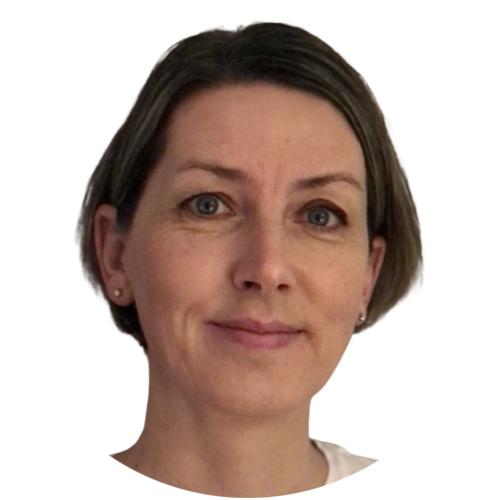
Katrine L. Eiterjord
NATALLIA BAHDANOVICH HANSSEN
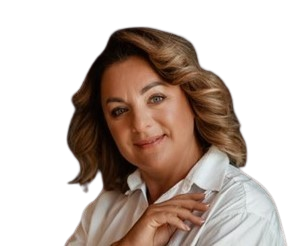
Natallia Bahdanovich Hanssen (ORCID: https://orcid.org/0000-0002-6047-0253 ) is a full professor in special needs education and a leader of the Research Group on Speech Therapy: language and communications impairments at the Faculty of Education and Arts at Nord University in Bodø, Norway. She is currently Head of the study program Master in Adapted Education with specialization in Special Needs Education, Professional Digital Competence or Vocational Didactics. In 2023 Natallia got the status of an excellent teaching practitioner at Nord University.
Natallia has an aesthetic education, with a major in music, singing and art history from the Belarusian State Pedagogical University named after Maxim Tank (Minsk), master degree in Adapted Education with specialization in Special Needs Education from Nord University in Bodø, Norway. She holds a Ph.d. i studier av professional praxis with major in Special Needs Education from Nord University, Norway.
Natallia’s research is currently linked to special needs education, inclusive education, aesthetic and special needs education, early childhood education and care, intercultural competence, interprofessional and family -professional collaboration comparative studies, developmental language disorders. She is also interested in research topics such as bullying, psychosocial learning challenges and behavioral and relational impairments.
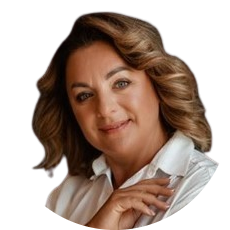
Natallia B. Hanssen
ANNA HEIMSBAKK
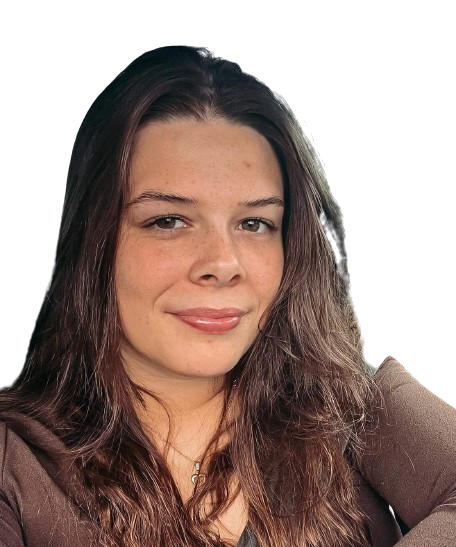
Anna Heimsbakk is in her third year at Nord University in Levanger. There, she is studying to become a primary school teacher, for first to seventh grade and has chosen to pursue a master's degree in special education. This year, she has decided to take an additional course called "Outdoor Areas as Learning Environments." She has chosen this course to gain more knowledge and expertise in order to accommodate more students. Her aim is to enhance the achievement of individual students as well as the group as a whole.
In addition to her studies, she works as a substitute teacher and has been doing so for four years, which is something she enjoys very much. She comes from a town called Kyrksæterøra and lives on the farm where she grew up. Her spare time is devoted to horse training and trotting. In addition to this she also takes care of the goats on the farm. A dream she has is to eventually use the farm as an alternative learning environment, contributing to providing students with a sense of accomplishment and joy in learning. She personally experienced a sense of accomplishment through trotting, which boosted her confidence and reflected in her academic performance.
It is important for her to use her personal experience along with her interest in special education to meet students despite their different conditions and needs. She has personally witnessed how achievement leads to positive development, and wants to use this experience to identify strengths in students and leverage them so that they have the opportunity to experience success. She finds special education engaging, because it allows her to witness students experiencing positive development and achievement when they receive customized teaching that highlights their strengths.
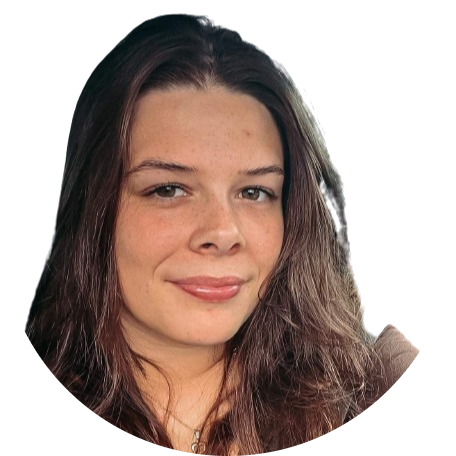
Anna Heimsbakk
CHELSEA LAM
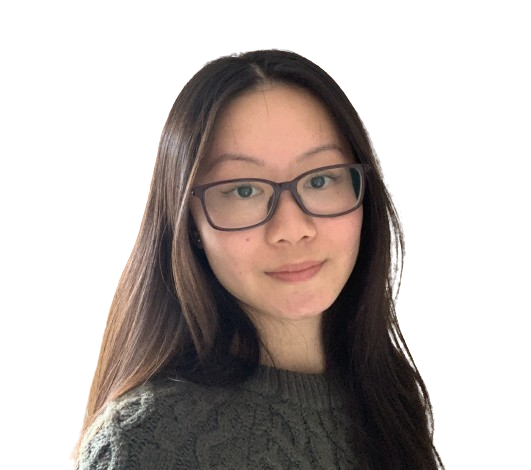
Chelsea Lam is a third-year Concurrent Education student at Queen’s University specializing in History in the Primary-Junior stream. Chelsea enjoys learning about minority experiences from a historical perspective. Her passion for working with children developed in high school through volunteering with an organization that was dedicated to offering specialized support to exceptional learners who may have faced challenges learning in a traditional school environment.
During her time at Queen’s University, Chelsea has been volunteering with two outreach programs: Queen’s Kaleidoscope and Queen’s Students for Literacy. These initiatives involve weekly visits to at-risk children in the Kingston community, aiming to foster essential literacy skills and provide academic and social support. By cultivating relationships with children with diverse lived experiences, she aims to deepen her understanding of the challenges students may encounter.
In her concurrent education classes, Chelsea has learned about inclusive and equitable approaches to teaching, including trauma-informed teaching practices and the Universal Design for Learning (UDL) model. She applies these approaches to her role as an executive member of the Resources team for Queen’s Students for Literacy. She is currently spearheading a project to create themed lesson plans paired with recommendations based on trauma-informed teaching practices and UDL principles to guide tutors in creating a safer space for learners during their sessions. Chelsea is also a member of Add-Ed, a research group dedicated to conducting and promoting research in the realm of inclusive education for exceptional learners. Currently, she is working on a project centred around pre-service teachers’ understanding of the UDL model. These projects continue to offer her a more complex understanding of inclusive pedagogy through an application-based and research-backed perspective.
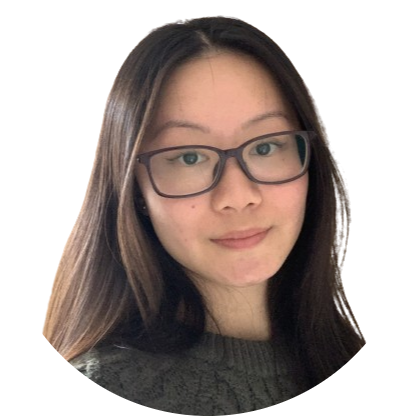
Chelsea Lam
MARISSA LITTLE
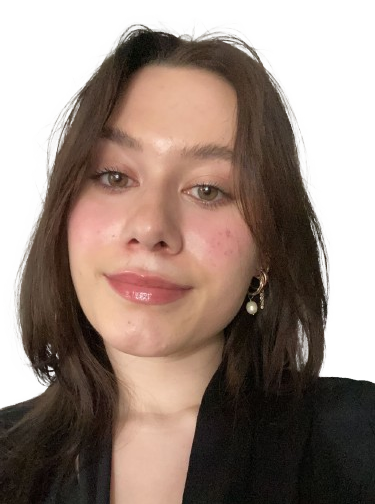
Marissa Little is in her third year of the Concurrent Education program at Queen’s University, majoring in History with a minor in English Language and Literature. She is in the primary/junior stream and plans to specialize her studies in Special Education, with intentions to work in educational consulting or curriculum development. As an enhanced support worker for children diagnosed with Autism Spectrum Disorder (ASD), Marissa assists with developing Individual Education Plans (IEPS) and works one-on-one with exceptional learners. During this position, Marissa has reflected on the noticeable discrepancies in accessible education provided to children in her rural hometown compared to Kingston’s more diverse population; this ignited her passion for special education teacher training. She believes all children should have access to adequate resources and appropriate IEPs, no matter where they live. To further her understanding, Marissa is assisting Dr. Jordan Shurr in his research on international teacher training in special education, conducted through the ADD*Ed Research Group. Their team examines the discrepancies found in supporting exceptional learners in classrooms on an international scale, working to bridge the gap between research and practice.
Furthermore, through her internship with Parks Canada, Marissa had the opportunity to assist in creating accessible and experiential school programs for Bellevue House National Historic Site. She successfully applied the Universal Design for Learning (UDL) principles to the children’s programming to ensure the content was transferable to various learners and exceptionalities. She linked the programs to the Ontario curriculum, using a dialogic and participatory approach to historical interpretation. Marissa has participated in multiple extracurriculars to enhance her passion for supporting exceptional learners, including “Queen’s Students for Literacy,” an organization she has volunteered with for three years. As an executive member of the “Literacy Outreach” branch, Marissa coordinates and supervises tutoring sessions for at-risk youth in Kingston and encourages her tutors to use inclusive teaching strategies when working with these complex learners. Thus, Marissa’s passion for special education-based research and being well-versed in the representation of exceptional learners in public history and her community will transfer to her role as a future educator, and to her work for the CANOPY project group.
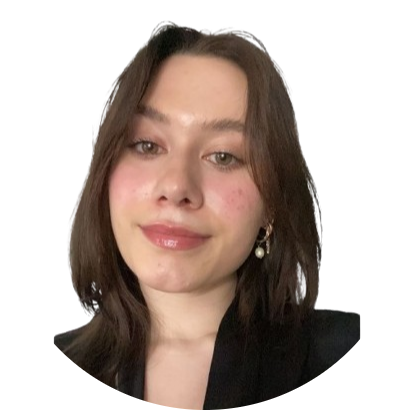
Marissa Little
